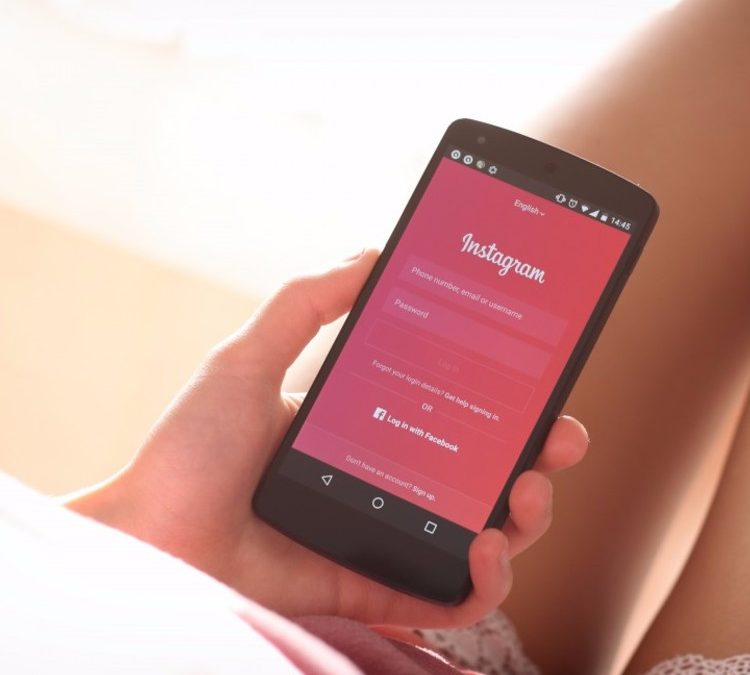Smartphones make it easier than ever to keep track of our health. Apps on your phone include My Fitness Pal, which helps you to track your calorie intake, and Endomondo, which helps to track your progress on exercise goals. These apps quickly monitor how well you’re meeting your health and wellness goals. But there’s also a dark side. Some experts suggest these apps could also be fueling eating disorders and weight obsession. Here’s what you need to know.
The Origin of Weight Obsession
Obsessing over calorie consumption and exercise is nothing new. Dieters have tracked calories consumed and burned for years, even when they could only do so with pen and paper. There’s some evidence to back up the practice of tracking calories. When you are required to keep a record of everything you eat, it forces you to become more honest about what you’re really eating. Many people discover through tracking that they’re eating more calories than they realized.
The Dark Side of Tracking
Tracking the calories of everything you eat can easily become an obsession. You have an allotted number of calories each day and can start to feel panicked about exceeding them. You may decide to consume fewer calories so that you don’t go over the day’s goal. Before you know it, you may be proactively restricting your calories to an increasingly small list of acceptable foods.
Compulsively tracking your food consumption through online apps can make you overly concerned about your weight as well. You may focus more on the “micro” picture, feeling that the impact of one day over your calorie limit is more important than the big picture of what is a healthy, balanced amount of consumption the rest of the time.
Exercise apps can also be dangerous if you’re a naturally competitive sort of person. Your Fitbit might encourage you to get 10,000 steps a day, but you might start to feel like 10,000 is just the bare minimum rather than the goal. More exercise isn’t always better. Both diet and fitness tracking apps can help you stay on track, but if you’re not careful, it’s easy to use them to negatively measure yourself.
How Smartphones Enable Compulsion
If you feel almost addicted to your smartphone, you’re not alone. According to a recent New York Times article titled “Hooked on Our Smartphones,” people check their smartphones on average 150 times a day. This frequent behavior leads to a snowball effect, causing you to check it even more often.
Most smartphone apps designed for calorie and exercise tracking also have a social component. You can add other users of the site to be your friends, which enables you to see their calorie intake and exercise activity. This can also easily lead to competition and social comparison, which can easily cause unhealthy behaviors.
Apps and Eating Disorder Recovery
Most patients in treatment for eating disorders are restricted from smartphone use, but it can be difficult to avoid smartphones forever after leaving treatment. Smartphones are a double-edged sword that can be used for good or bad. People in recovery from eating disorders can use some smartphone tools to help them stay on track in their healing. But apps can also be destructive to people who are recovering from eating disorders.
Calorie and exercise trackers should be used with caution if you have a history of eating disorders. Talk to your therapist and medical providers about whether they’re a good option in your individual case.
Whether you have a history of eating disorders or not, be mindful of using these apps. They can be a great way to help you stay on track toward meeting your goals. But dial back their use—even going back to low-tech methods, if necessary—if you find that the apps are fueling anxiety, obsession, and competition. Managing your health should leave you feeling empowered, never panicked or depressed.
Take the first step…
If you are ready to address your food, weight, and body image issues and how they may be affecting your life, I would like to help. Please contact me via phone or email so we can discuss how we might work together to achieve your therapeutic goals as quickly and effectively as possible.
I look forward to hearing from you.
Linda K. Laffey, MFT


